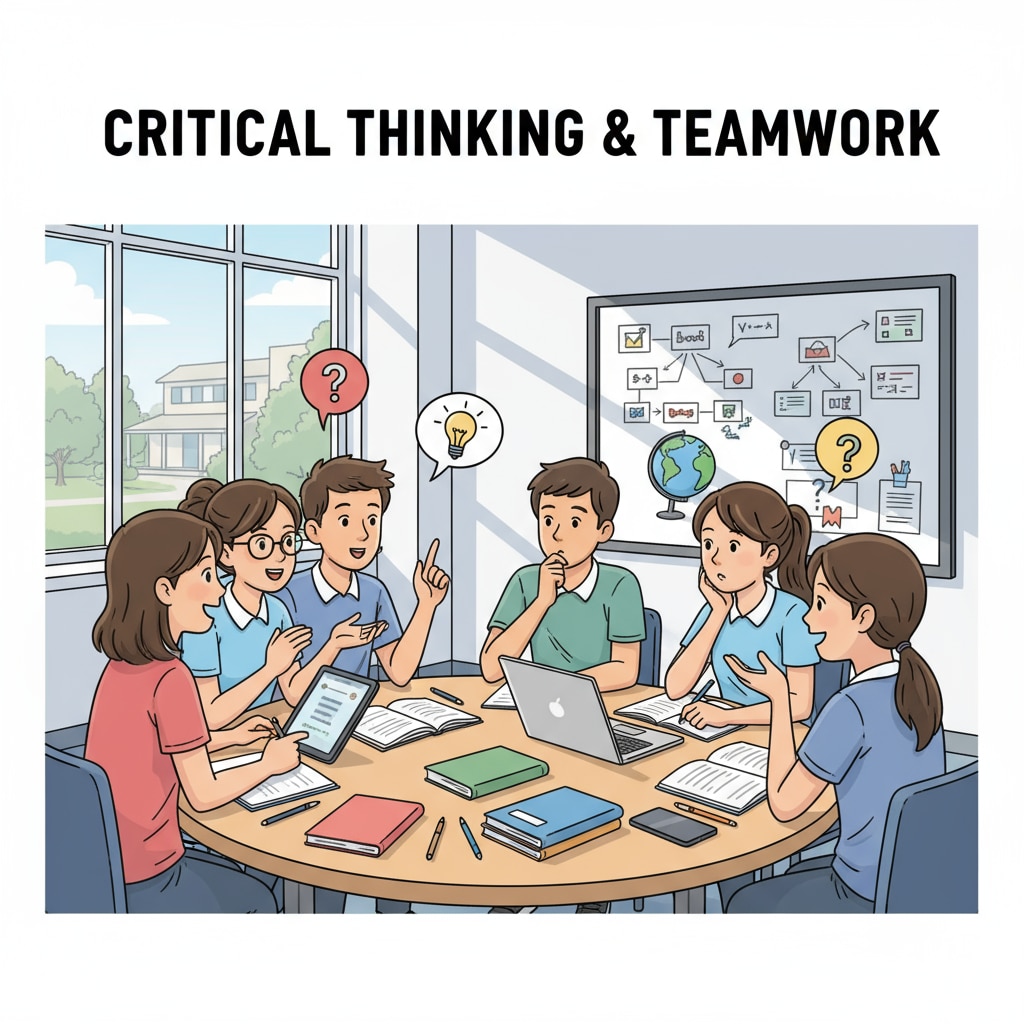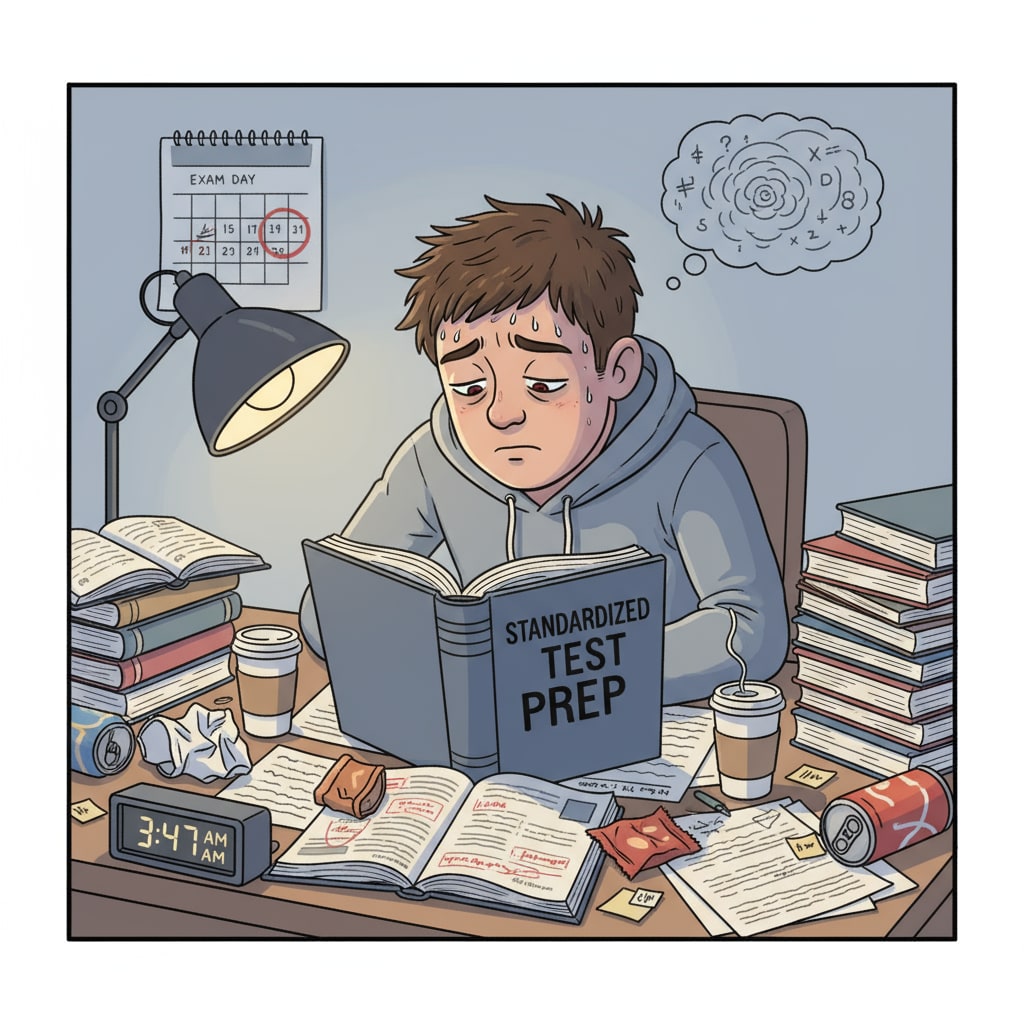In the realm of secondary education, the focus on standardized tests often overshadows the cultivation of essential soft skills such as critical thinking. This imbalance is a cause for concern as it restricts students’ all-round development. Soft skills are the non-technical abilities that enable individuals to interact effectively with others, solve problems creatively, and adapt to various situations. In the context of secondary education, they play a vital role in preparing students for future success.

The Significance of Soft Skills in Secondary Education
Soft skills are not just add-ons but fundamental for students’ growth. Critical thinking, for example, allows students to analyze information, question assumptions, and form well-reasoned opinions. According to the American Psychological Association, critical thinking is essential for academic success and lifelong learning. In addition, teamwork skills enable students to collaborate effectively with their peers, learn from different perspectives, and achieve common goals. These skills are highly valued in the workplace and in social interactions.
The Drawbacks of Overemphasizing Standardized Tests
While standardized tests are useful for measuring academic knowledge, relying too much on them has drawbacks. They often focus on rote memorization rather than fostering critical thinking and problem-solving skills. Moreover, the pressure to perform well on these tests can lead to high levels of stress among students, affecting their mental health and enthusiasm for learning. As stated by Education Week, overemphasis on standardized tests can narrow the curriculum and limit students’ creativity.

Implementing Soft Skills Training in Secondary Education
To address this issue, schools can integrate soft skills training into the curriculum. For instance, teachers can design projects that require students to work in teams, promoting teamwork and communication skills. Additionally, incorporating debates and discussions in the classroom can enhance critical thinking. By providing real-world examples and case studies, students can learn to apply their critical thinking skills to practical situations. Furthermore, schools can offer extracurricular activities such as clubs and volunteer programs, which provide opportunities for students to develop leadership and interpersonal skills.
In conclusion, secondary education needs to strike a balance between academic achievements and soft skills development. By recognizing the importance of soft skills like critical thinking and implementing effective training methods, we can prepare students for a successful future. Standardized tests should not be the sole focus; instead, a comprehensive approach that nurtures both academic knowledge and soft skills is essential for students’ holistic growth.
Readability guidance: Using short paragraphs and lists helps summarize key points. Each H2 section can include a list. Controlling the passive voice and long sentence ratio, and adding transitional words like however, therefore, in addition, for example, and as a result throughout the text makes it more coherent.


